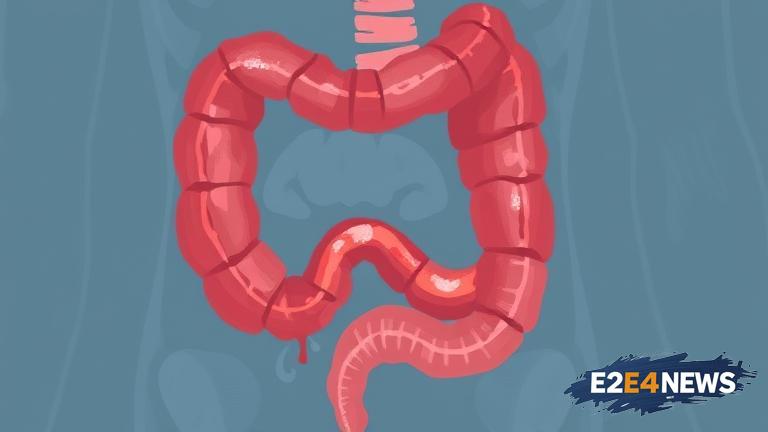Colorectal cancer, once considered a disease affecting older adults, is now increasingly being diagnosed in younger individuals. A study conducted by the Baptist Health system has shed light on this alarming trend, sparking concerns among healthcare professionals and the general public. The research indicates that the incidence of colorectal cancer among adults under the age of 50 has risen significantly over the past few decades. This shift in demographic has led to a reevaluation of the disease’s prognosis, screening methods, and legislative approaches to addressing the issue. The study’s findings suggest that family history plays a crucial role in the development of colorectal cancer, with individuals having a first-degree relative with the disease being more likely to be diagnosed. However, the exact causes of the rising incidence among younger adults remain unclear, prompting further investigation into potential risk factors such as diet, lifestyle, and environmental influences. The American Cancer Society recommends regular screening for individuals with a family history of colorectal cancer, starting at age 40 or earlier if deemed necessary by a healthcare provider. Early detection is critical in improving treatment outcomes and survival rates. Legislative changes are also being considered to increase access to screening tests and improve healthcare infrastructure. The Baptist Health system is at the forefront of addressing this issue, providing comprehensive care and support to patients diagnosed with colorectal cancer. The study’s results emphasize the need for increased awareness and education among younger adults, highlighting the importance of preventive measures and timely medical interventions. As the incidence of colorectal cancer continues to rise among younger adults, it is essential to reassess and adapt current strategies to combat this growing health concern. The medical community is urging individuals to be proactive about their health, emphasizing the significance of regular check-ups, healthy lifestyle choices, and open discussions with healthcare providers about family medical history. By working together, it is possible to reduce the burden of colorectal cancer and improve outcomes for those affected. The study’s findings have sparked a sense of urgency, prompting calls for action from healthcare professionals, policymakers, and the general public. Colorectal cancer awareness is crucial in promoting early detection and prevention, and it is essential to address the stigma surrounding the disease. The Baptist Health system is committed to providing high-quality care and support to patients, while also advocating for legislative changes to improve access to healthcare services. As research continues to uncover the underlying causes of the rising incidence of colorectal cancer among younger adults, it is clear that a multifaceted approach is necessary to address this complex issue. The study’s results serve as a reminder of the importance of staying informed and proactive about one’s health, and the need for continued support and awareness efforts to combat this growing health concern. Furthermore, the medical community must work together to develop effective strategies for preventing and treating colorectal cancer, particularly among younger adults. This includes investing in research, improving access to screening tests, and promoting healthy lifestyle choices. By taking a comprehensive approach to addressing colorectal cancer, it is possible to reduce the burden of the disease and improve outcomes for those affected. The study’s findings have significant implications for public health policy, highlighting the need for increased funding and support for colorectal cancer research and awareness efforts. Ultimately, the goal is to reduce the incidence of colorectal cancer and improve treatment outcomes, and it will require a sustained effort from healthcare professionals, policymakers, and the general public.
